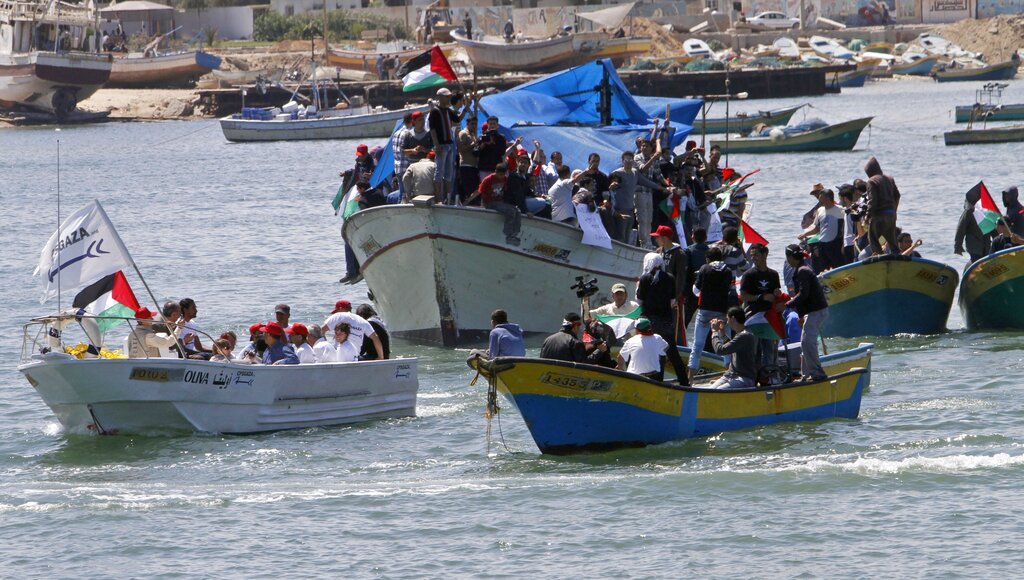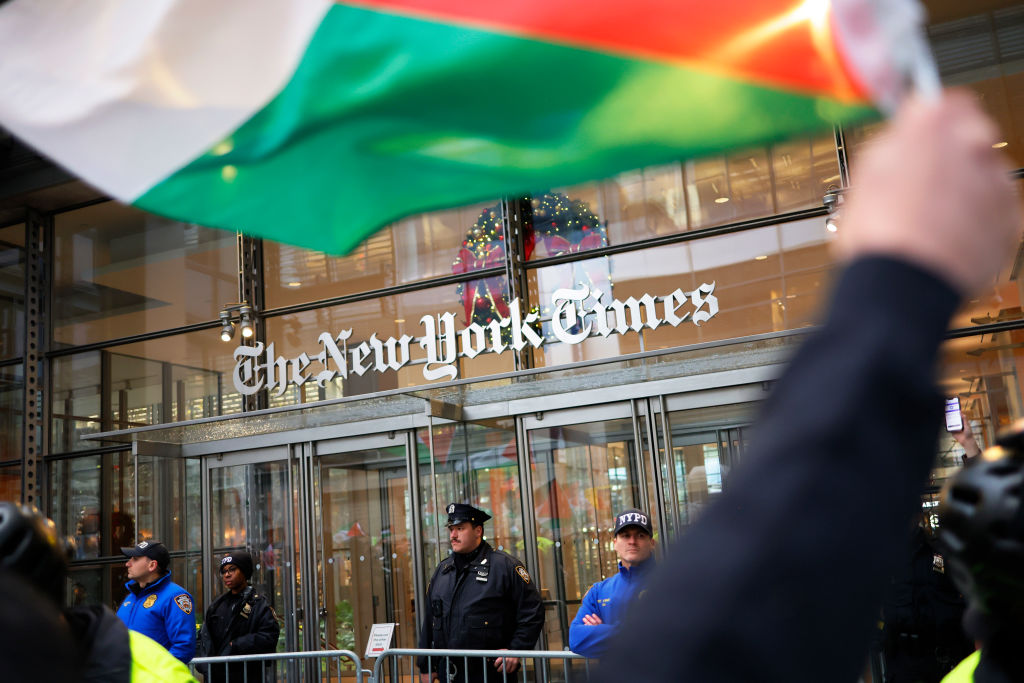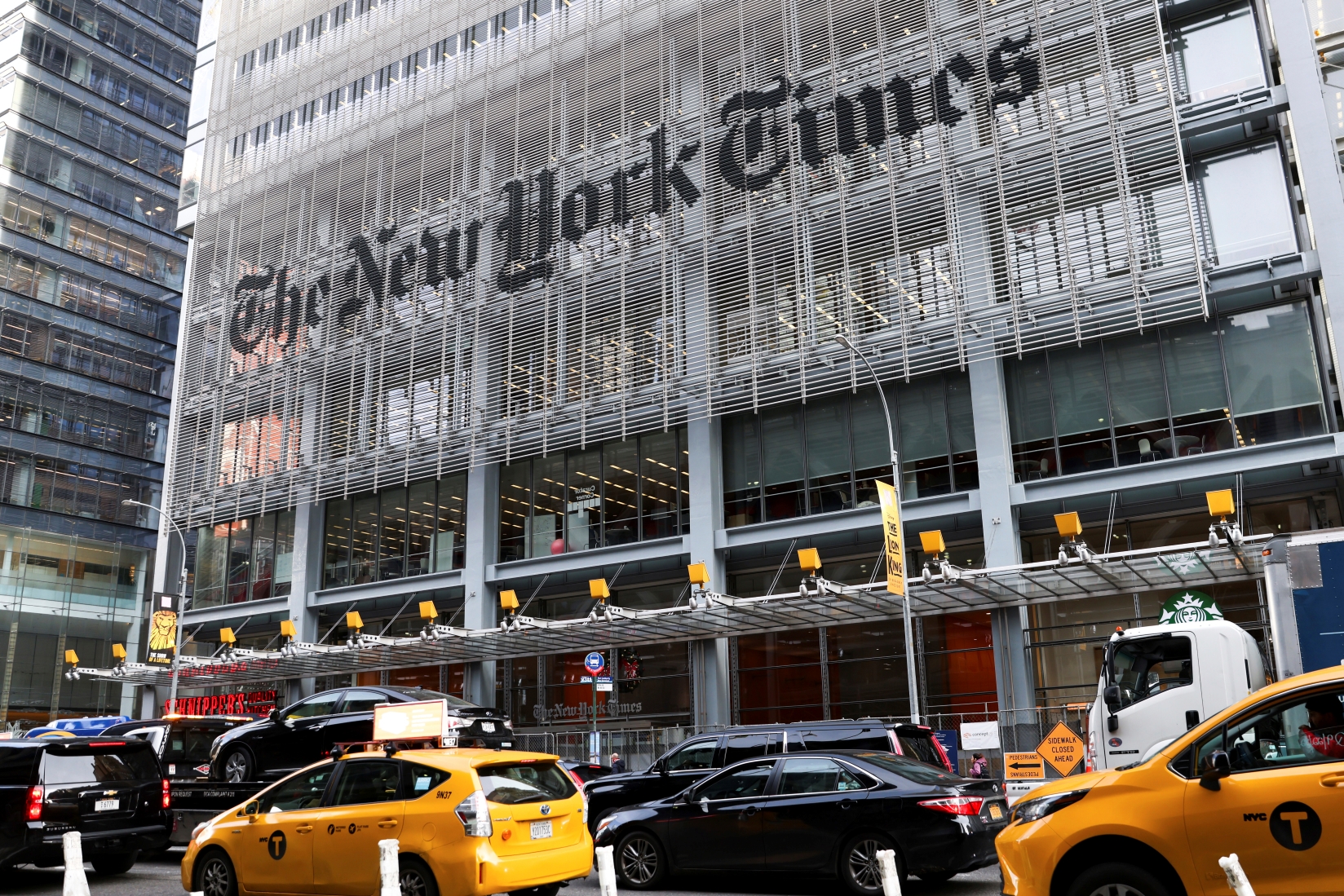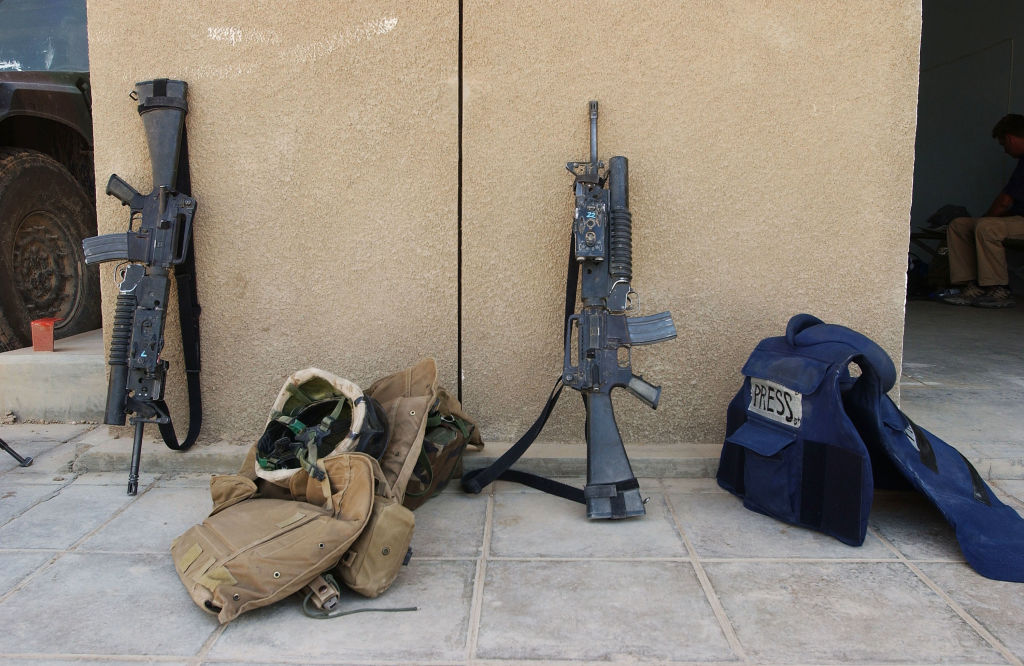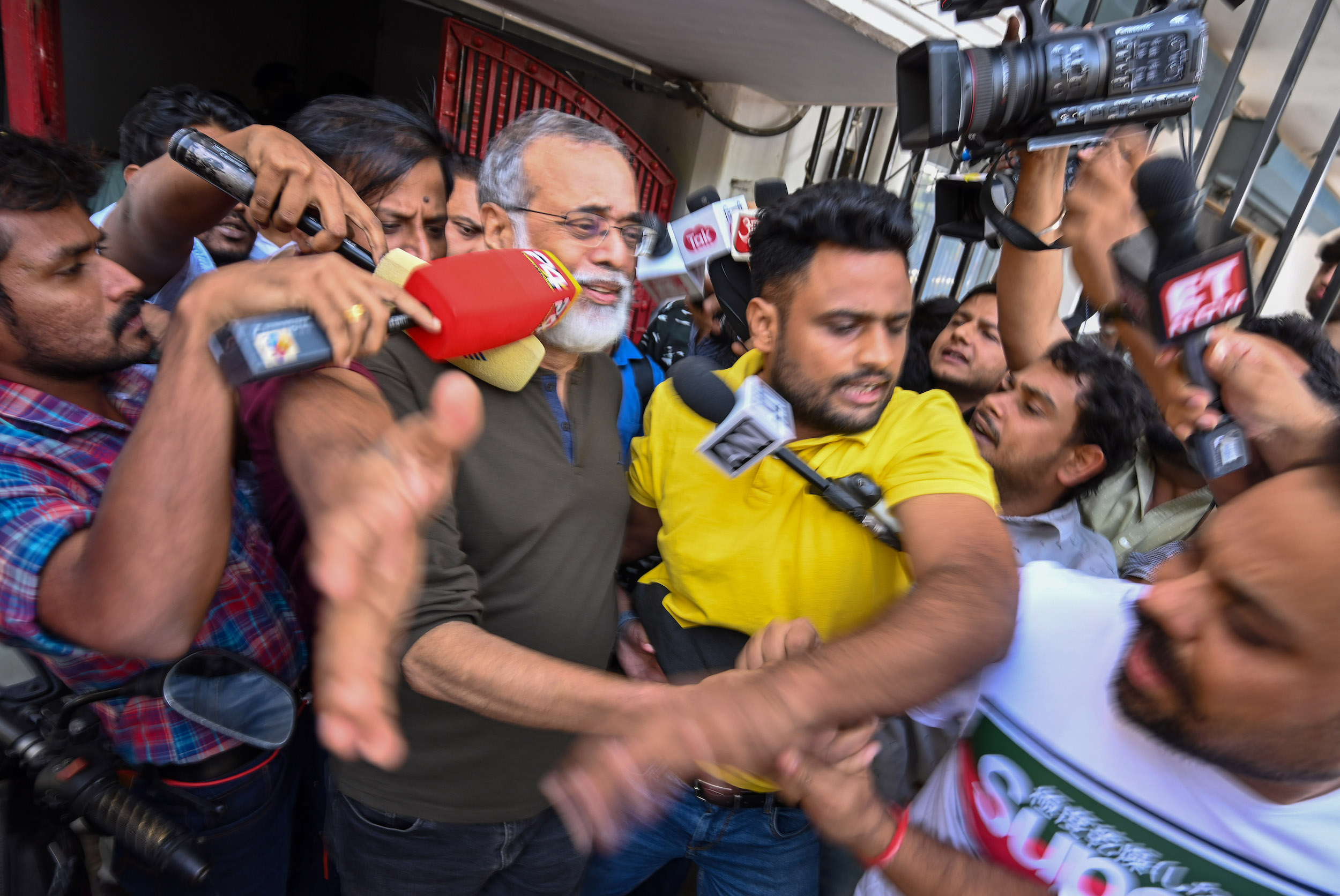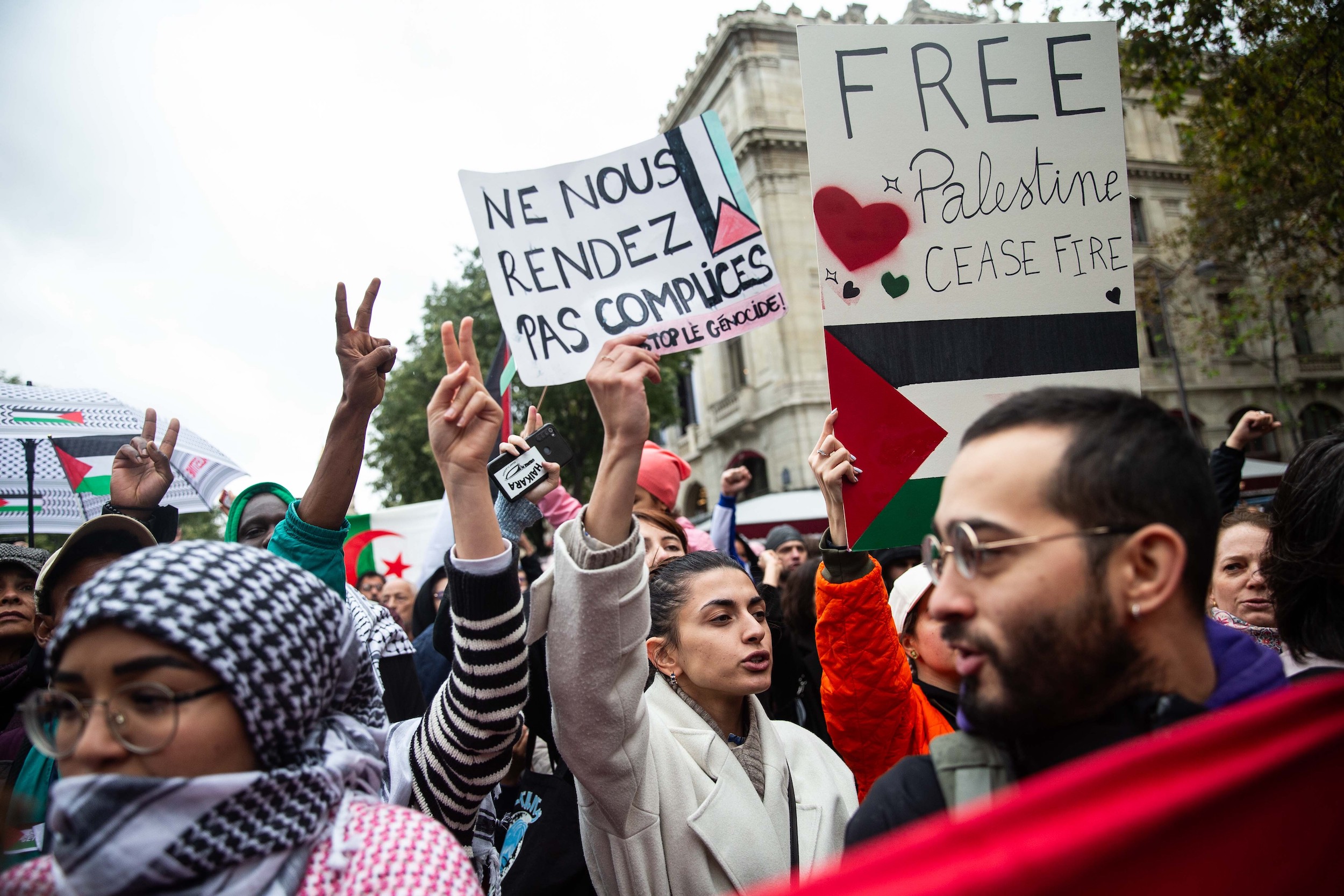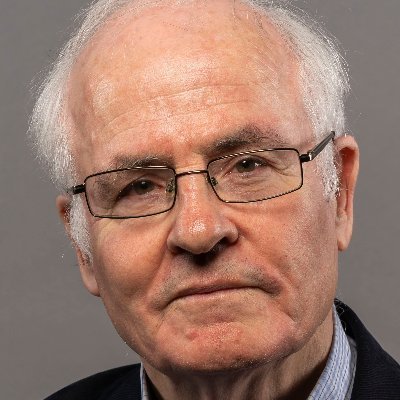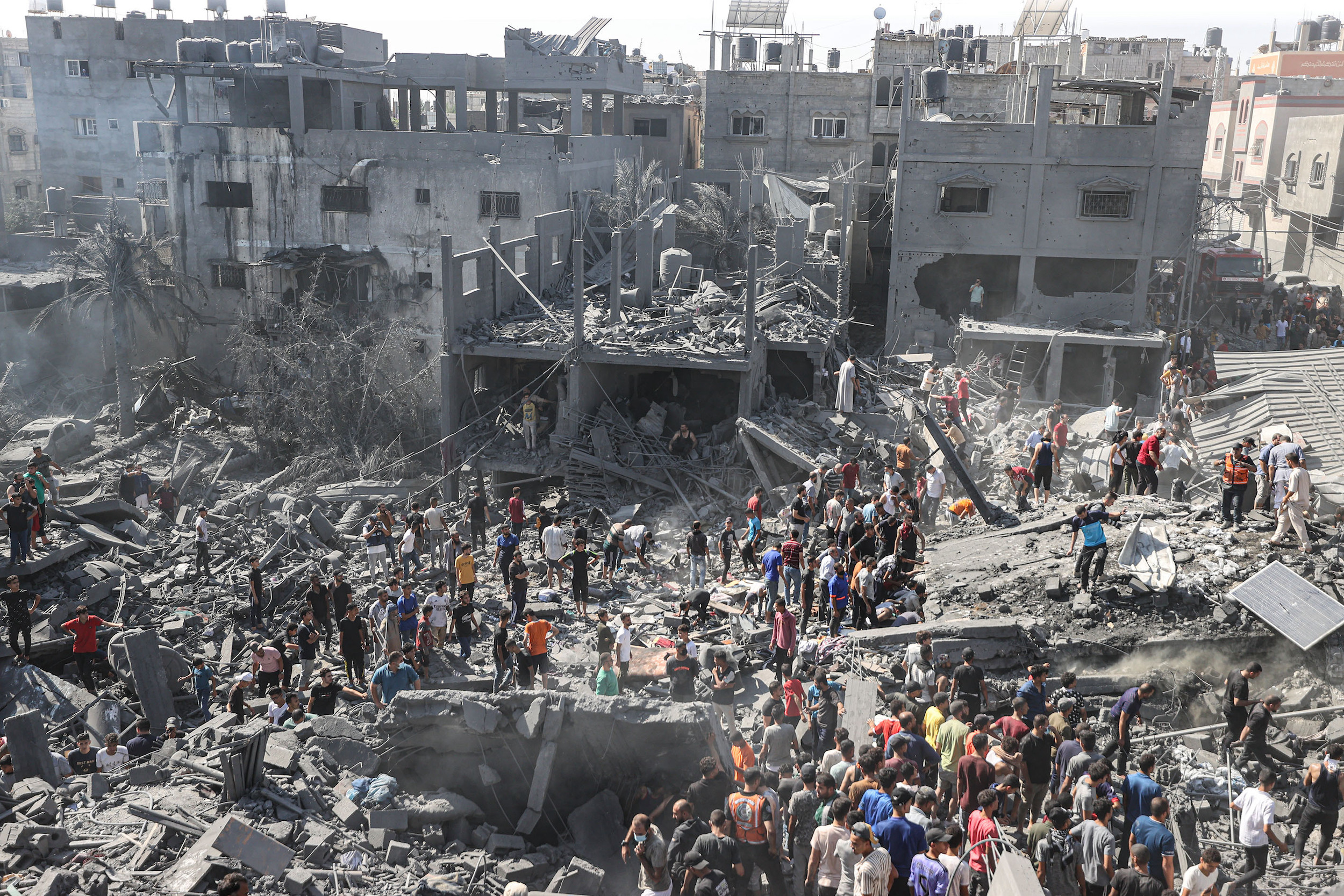The term ‘migrant’ insufficient to describe victims of the horror unfolding in the Mediterranean Sea; it dehumanises these people and is a failure of journalism
International media outlets are increasingly opting to use the term "migrants" to describe individuals who have drowned off the coast of Greece during their often desperate journeys from their homelands to Europe.
This choice of terminology raises both professional and ethical issues, especially when its underlying intent is to strip people of their fundamental right to protection.
So, what is the most accurate term to describe the tragedies that have occurred in Greece and continue to unfold in other parts of the world?
Are these people “irregular migrants” seeking merely to improve their living conditions? Or are they refugees fleeing wars, conflicts, persecution and life-threatening economic crises, who are in dire need of protection?
At the height of the massive influx of hundreds of thousands of people from Syria, Iraq, Afghanistan and other regions experiencing wars and economic crises, the UN High Commissioner for Refugees stated: "We must be clear, most people arriving by sea are refugees in need of protection from war and persecution".
This statement, however, has not deterred media outlets from using the term "migrants", which lends legitimacy to the policies of receiving countries to evade their responsibilities.
The decision to use such terminology in media coverage is not a "semantically" innocent choice; it may harbour underlying political motives.
In 2015, Al Jazeera set a new journalistic standard by clearly announcing that it would abandon the systematic use of the word "migrant", considering the term to have become "pejorative" and "reductive" and a tool to strip refugees of their humanity and to legitimise racist discourse.
UNHCR has previously waded into this debate, providing definitions that draw a line between "migrants" and "refugees". According to these definitions, refugees are "people fleeing armed conflict or persecution.
The role of journalism in holding governments accountable imposes on journalists the duty to question the official narrative
“Their situation is often so perilous and intolerable that they cross national borders seeking safety in nearby countries, and thus are internationally recognised as 'refugees' eligible for assistance from states, the UNHCR and other organisations.
“They are specifically recognised as refugees because their return to their homeland would be exceedingly dangerous and they need a safe haven elsewhere. Denying these people asylum could have fatal consequences."
UNHCR defines migrants as "people who choose to move not because of a direct threat of persecution or death but to improve their lives by finding work, or in some cases, for education, family reunion or other reasons.
“Unlike refugees, who cannot return to their homeland safely, migrants face no such impediments to return. If they choose to return home, they continue to receive protection from their government."
Receiving countries’ governments often adopt these definitions in a manner closer to ideological interpretation than to humanitarian values embodied in international solidarity and protection.
This use of terminology has frequently been criticised by human rights organisations for its political and ideological load.
The role of journalism in holding governments accountable - especially in host countries - imposes on journalists the duty to question the official narrative that seeks to evade its responsibilities when hundreds of people tragically drown at sea.
Dozens of accounts from survivors have debunked the official narratives that try to portray the deceased as culprits rather than victims, attempting each time to place blame on human smuggling mafias in their home countries.
The term "migrant", often employed as a "political umbrella", is no longer sufficient to describe the horror unfolding in the Mediterranean Sea; it dehumanises people and contradicts the international human rights framework.
UNHCR issued a memo in 2013 concerning Syria, categorising refugees as "any person fleeing the country and meeting specific conditions at times (opponents, journalists) and also very broad conditions: children exposed to violence, women subjected to rape or forced marriage, people belonging to a religious or ethnic group... includes all the population".
This categorisation also includes government supporters who are being persecuted by rebels, excluding individuals identified as having committed acts of violence.
So far - except in some media outlets - the term 'migrant' dominates coverage, aligning with an official narrative which enables governments to shirk responsibility for their protection
Given this definition and the leaked information on the identities of the drowned individuals off the coast of Greece, should Sudanese people, many of whom live at risk of armed conflict that has claimed thousands of lives, be described as migrants or refugees eligible for protection?
So far - except in some media outlets - the term "migrant" dominates coverage, aligning with an official narrative which enables governments to shirk responsibility for their protection.
For instance, Reuters went further than using the term "migrants" by relaying the government's narrative and describing them as "suspects" legally responsible for the incident.
Le Monde, on the other hand, which has previously published an article explaining its editorial stance on using the terms "migrants" or "refugees", opted for the term “migrants”.
Al Jazeera chose to use both terms to indicate that the drowned individuals came from war zones like Sudan, as well as migrants seeking to improve their living conditions.
These are editorial choices, sometimes tied to purely political objectives, driven by an unprecedented surge in far-right rhetoric against immigration and asylum.
This transforms individuals fleeing wars, persecution and crippling economic crises into mere "migrants" without an identity or history.
Returning to the essential question: what is the most accurate and appropriate term to describe people who have reached Greece, Italy and Spain via boats or other means? Are they refugees or migrants?
UNHCR has answered this question by saying that: "In reality, they are both. The majority of people who have reached Italy and Greece specifically come from countries engulfed in wars or considered 'refugee-producing' and need international protection. A smaller proportion of these people come from other places, and for many of them, the term 'migrant' may be more appropriate".
It is the job of the journalist to determine which, in an objective manner, and not to be swayed by prevailing anti-immigrant sentiment across Europe.
Mohammad Ahdad is Editor of Al Jazeera Journalism Review (Arabic)
Translated from the original Arabic by Yousef Awadh























![A demonstration against Israel's war on Gaza on Paulista Avenue in São Paulo on November 4, 2023, draws attention to the deaths of children while the media focuses on the war against terrorists. [Photo: Lina Bakr]](/sites/default/files/ajr/2024/Picture1.png)

